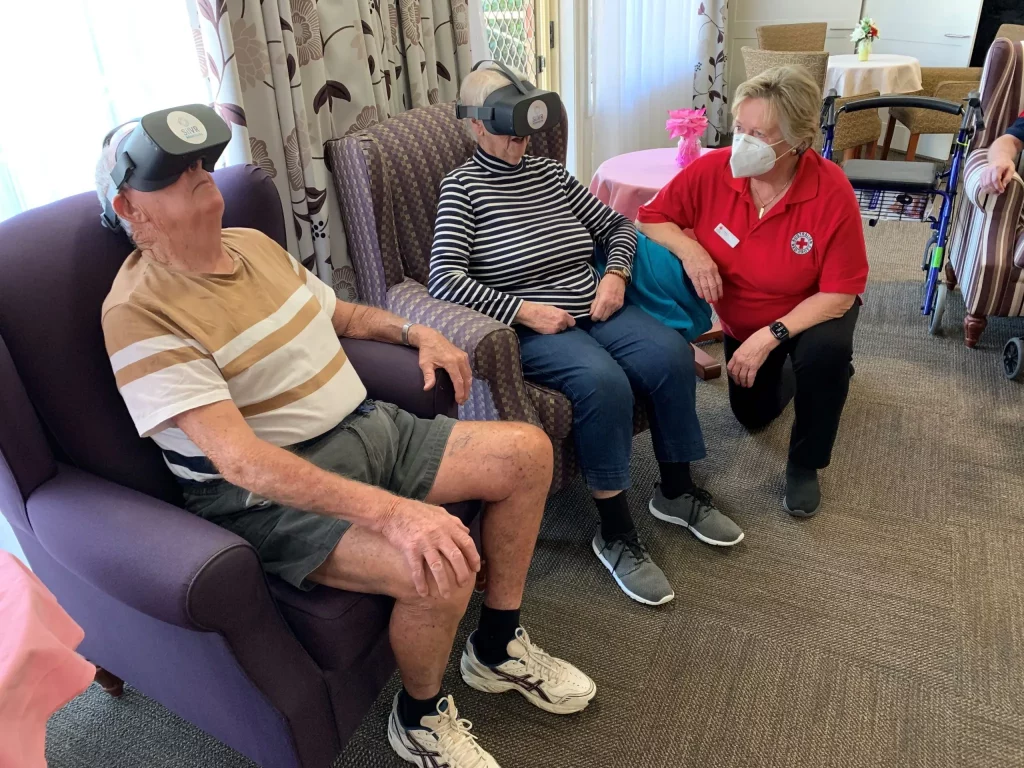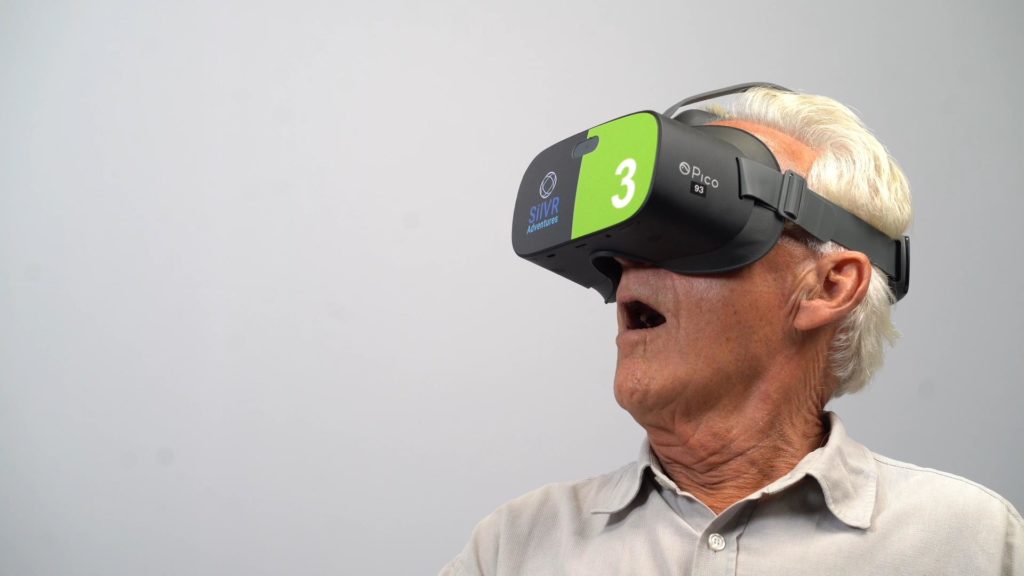According to a recent article on a survey by PwC, the metaverse is expanding like no other. Some may find the idea a little intimidating as it is uncharted territory and the idea of unfamiliarity breeds discomfort. However, there are the curious ones who are interested in going through some new life experiences that seem a little unattainable in reality.
A person who is going through mobility impairments may be thrilled at the idea of virtually trekking the Great Wall of China. Or a person who would love to see the Northern lights so they may rekindle a fond memory of a memorable trip. Or even an older adult who wishes to revisit their old wedding chapel from the comforts of their residential aged care home. It’s experiences like these that really bring the metaverse into perspective. A virtual experience like no other.
In the metaverse survey conducted by PwC, about 65% of consumers want the excitement of travel. Now the idea of virtual travel is an intriguing one as it is a cost-effective way for those unable to physically experience the world due to circumstances beyond their control. Take for example our folks here from the Catholic Healthcare St. John’s Villa who witnessed the spectacular views of the Grand Canyon and reignited fond old memories of past trips.


These virtual experiences help bring about engagement across residents in aged care settings and improve their cognitive thinking. A lot of the residents in these settings still wish to experience their strolls in nature and walks along the beach, but are set back due to their age and physical limitations. With our VR headsets, they can dabble in the audio and visual experience. SilVR Adventures can bring a virtual trip to Niagara Falls right to the doorstep of a residential aged care facility and allow the residents to explore parts of nature in the metaverse to stimulate old memories, explore new places or simply travel with friends.
Not only that, but studies have shown that visiting art galleries can be mentally stimulating for older adults with cognitive disorders like dementia. These culturally enriching “trips” can help older adults feel less isolated and improve their creativity. The survey from PwC has stated that 50% of consumers think that the metaverse is exciting and offers the opportunity to be creative in a virtual world.
Although the virtual world can give older adults an opportunity to engage and stimulate conversations to help enrich their lives in aged care, it can also provide an opportunity for the carers in aged care facilities to learn about the lives of their residents and form a wholesome community. Based on the PwC survey, we hope to see the metaverse expand and virtual reality play a more pivotal role in healthcare settings as it was apparent that 58% of the survey respondents wish to interact with their healthcare provider and who knows, that might be a possibility in the near future.


